Tubes in mouse and human brains may also influence spread of brain disease


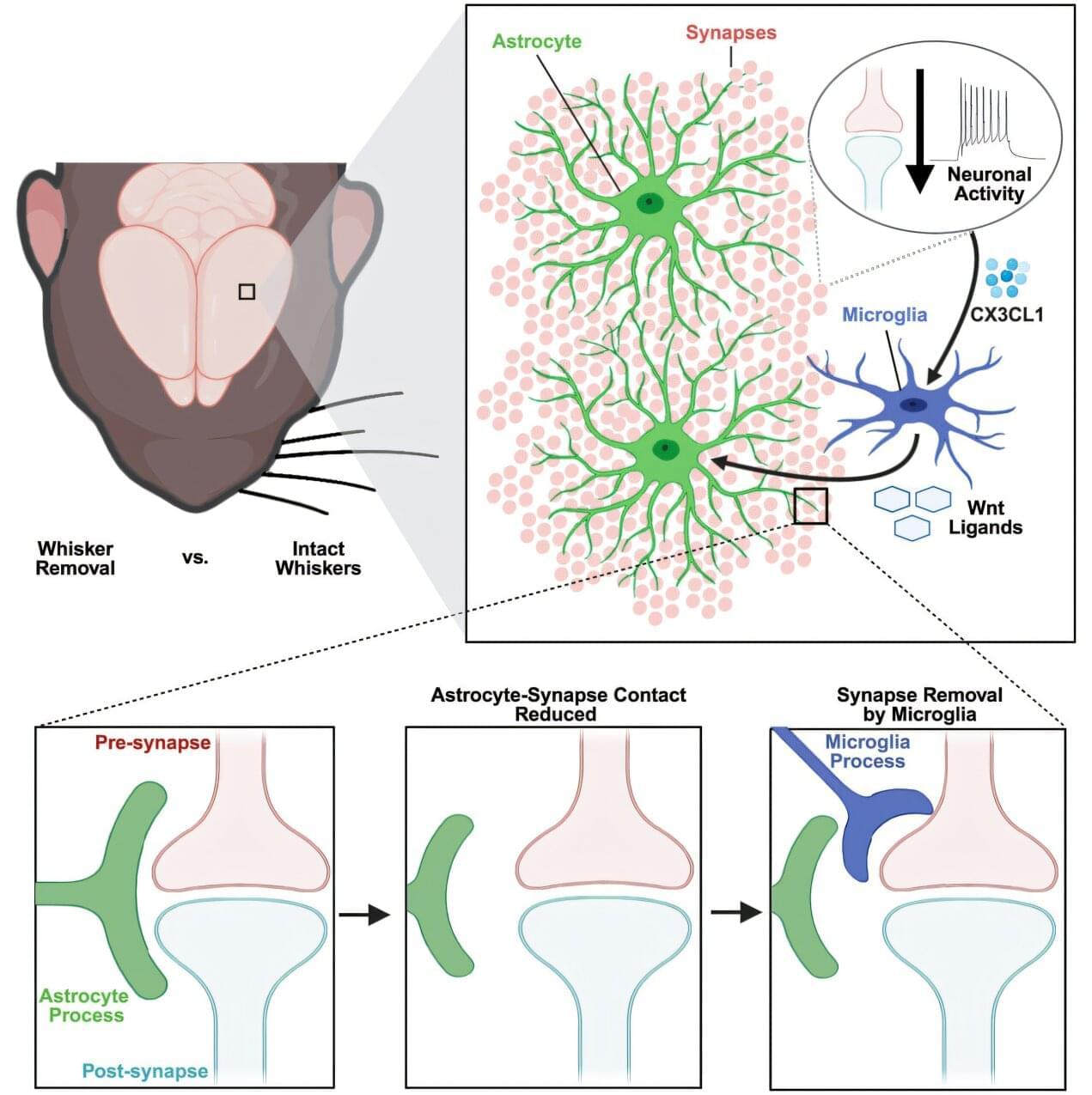
A study by Dorothy P. Schafer, Ph.D., and Travis E. Faust, Ph.D., at UMass Chan Medical School, explains how two different cell types in the brain—astrocytes and microglia—communicate in response to changes in sensory input to remodel synapses, the connections between neurons.
Published in Cell, these findings are in an emerging area of interest for neurobiologists who want to understand how different cells in the brain interact to rewire the brain.
This novel mechanism has the potential to be targeted by translational scientists hoping to one day prevent synaptic damage incurred during neurodegenerative diseases such as Alzheimer’s or ALS as well as age-related cognitive decline. It may also lead to new insights into neurodevelopmental and psychiatric disorders such as autism and schizophrenia, where the brain’s circuit refinement process may have been compromised during development.
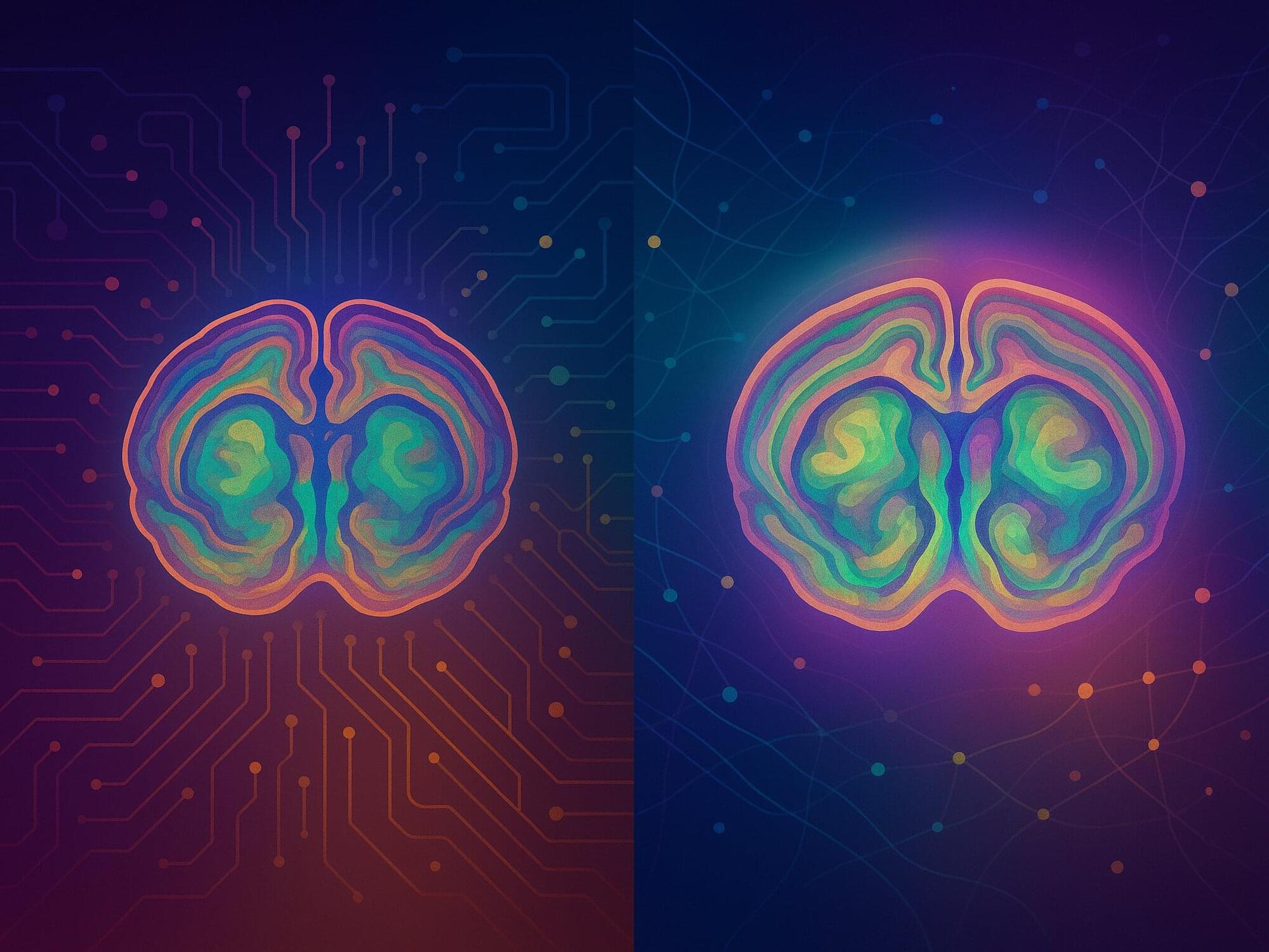
In a powerful fusion of AI and neuroscience, researchers at the University of California, San Francisco (UCSF) and Allen Institute designed an AI model that has created one of the most detailed maps of the mouse brain to date, featuring 1,300 regions/subregions.
This new map includes previously uncharted subregions of the brain, opening new avenues for neuroscience exploration. The findings were published in Nature Communications. They offer an unprecedented level of detail and advance our understanding of the brain by allowing researchers to link specific functions, behaviors, and disease states to smaller, more precise cellular regions—providing a roadmap for new hypotheses and experiments about the roles these areas play.
“It’s like going from a map showing only continents and countries to one showing states and cities,” said Bosiljka Tasic, Ph.D., director of molecular genetics at the Allen Institute and one of the study authors.

Adults with ADHD who recognize and regularly use their personal strengths report better well-being, improved quality of life and fewer mental health difficulties, according to a new international study.
During October’s ADHD Awareness Month, which this year focuses on “the many faces of ADHD,” researchers from the University of Bath, King’s College London, and Radboud University Medical Center in the Netherlands have delivered the first large-scale study to quantify psychological strengths in ADHD.
The study, published in Psychological Medicine, compared 200 adults with ADHD and 200 adults without ADHD on how much they identified with 25 positive traits—including creativity, humor, spontaneity and hyperfocus—defined by researchers as “things [they] do well or best.”

Researchers at UCL Institute of Education, King’s College London, Harvard T.H. Chan School of Public Health, and UCLA report that perceived social threats in early adolescence are associated with altered connectivity in default mode, dorsal attention, frontoparietal, and cingulo-opercular networks and with higher mental health symptom scores months later.
Adolescence is a difficult age, a time of rapid neurobiological and psychological change amidst shifting social standing. In 2021, CDC reported that 40% of U.S. high school students struggled with persistent sadness or hopelessness, and more than one in six had made a suicide plan.
Perceived threats in a child’s social environment, within the family, at school, and in the neighborhood, are known risk factors for adolescent psychopathology.

A good night’s sleep has long been understood to help us consolidate new memories, but we don’t understand how. Associations with negative feelings like fear or stress can improve recall, but intentionally trying to remember can also be effective. But these two mechanisms are very different—one involuntary, one deliberate. Which influences memory most?
To investigate, researchers asked participants to remember or forget words, some of which had negative emotional associations. They found that instructions improved recall more than emotion.
“What we intend to remember and to forget can be powerful,” said Dr. Laura Kurdziel of Merrimack College, lead author of the article in Frontiers in Behavioral Neuroscience. “We have more control over our memories than we often think we do.”
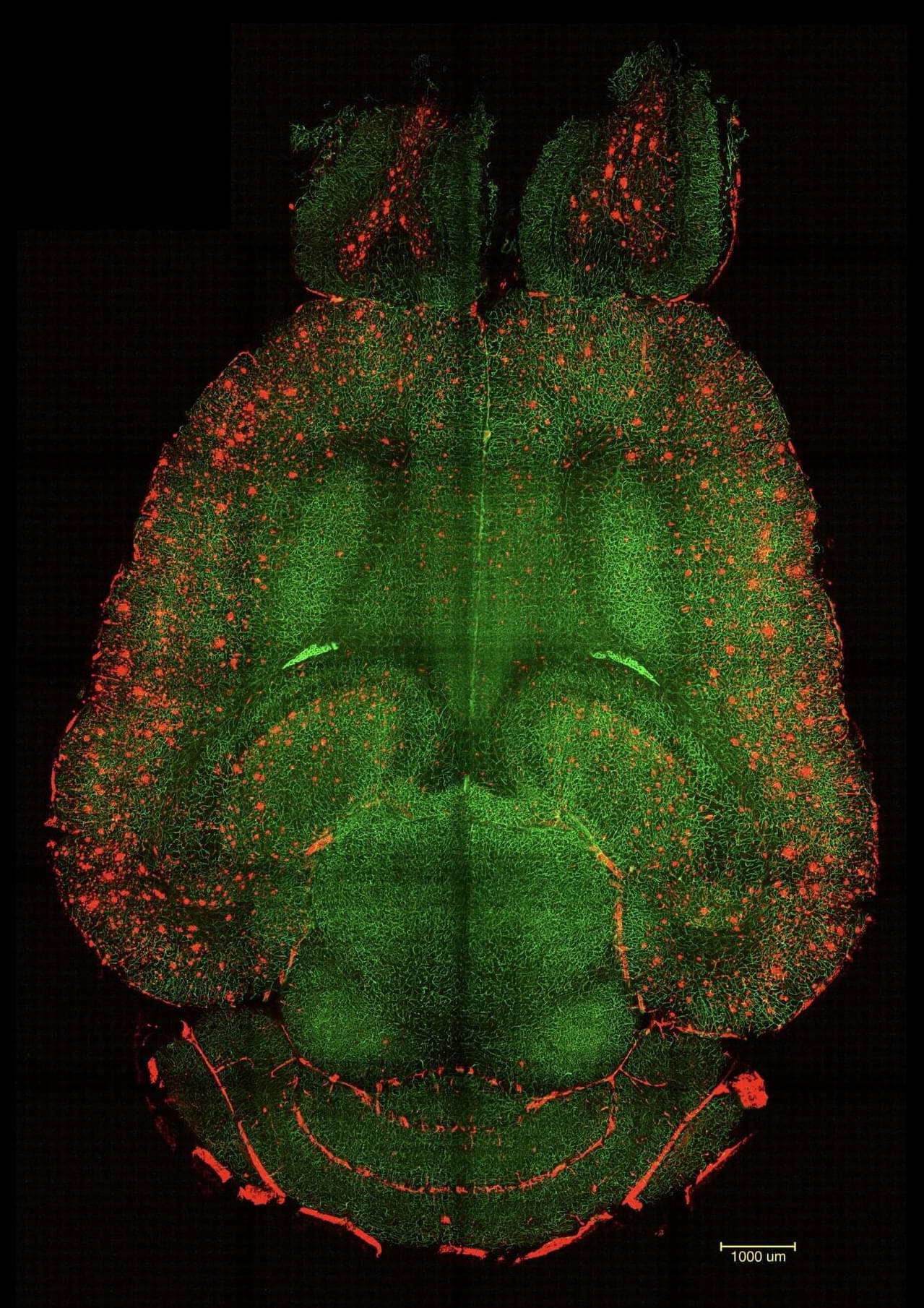
A research team co-led by the Institute for Bioengineering of Catalonia (IBEC) and West China Hospital Sichuan University (WCHSU), working with partners in the UK, has demonstrated a nanotechnology strategy that reverses Alzheimer’s disease in mice.
Unlike traditional nanomedicine, which relies on nanoparticles as carriers for therapeutic molecules, this approach employs nanoparticles that are bioactive in their own right: “supramolecular drugs.” The work has been published in Signal Transduction and Targeted Therapy.
Instead of targeting neurons directly, the therapy restores the proper function of the blood-brain barrier (BBB), the vascular gatekeeper that regulates the brain’s environment. By repairing this critical interface, the researchers achieved a reversal of Alzheimer’s pathology in animal models.
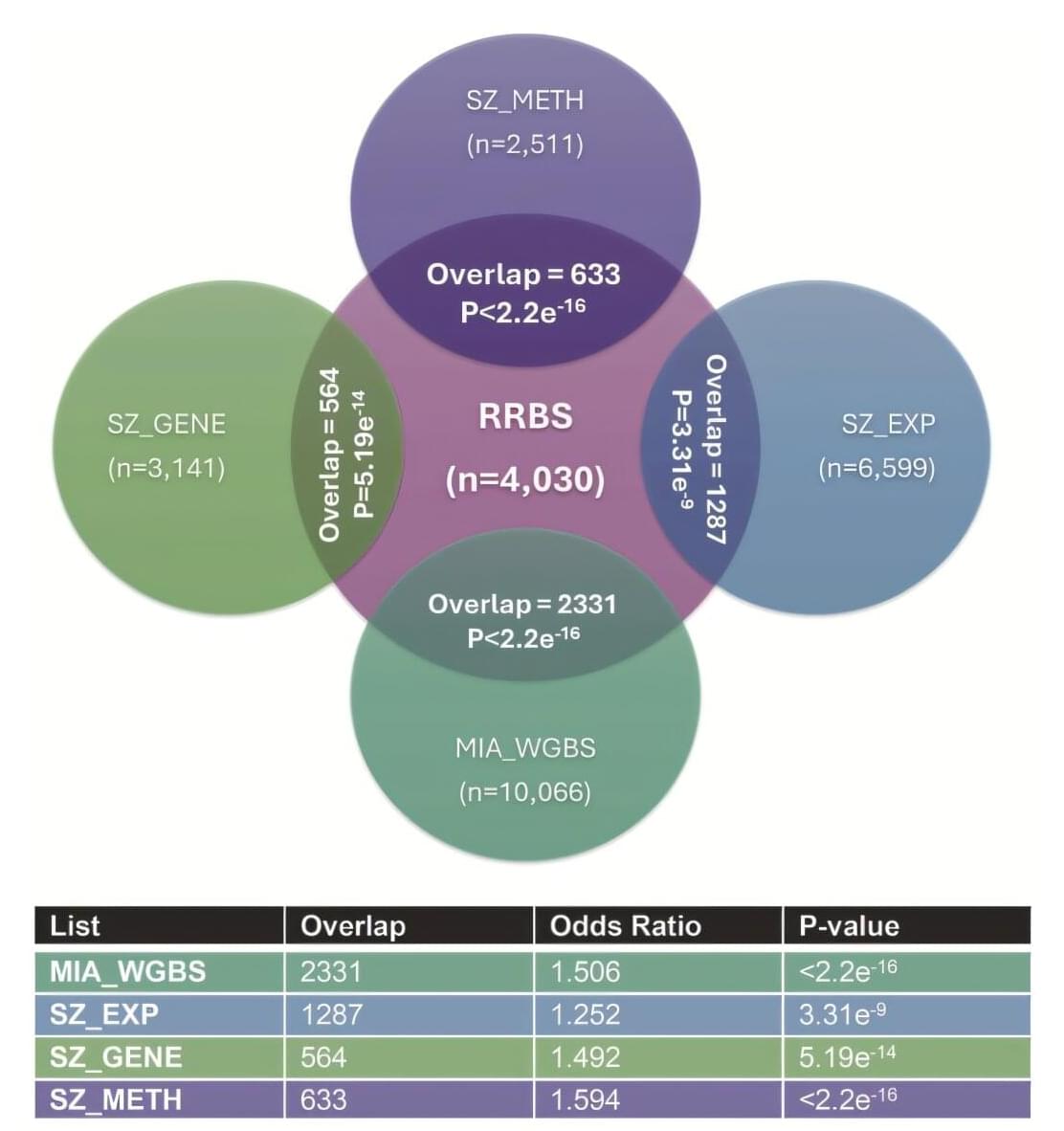
The health of mothers during pregnancy has long been known to play a role in the lifelong mental and physical health of offspring. Recent studies have found that contracting an infection during pregnancy can increase the risk that offspring will develop some neurodevelopmental disorders, conditions that are associated with the atypical maturation of some parts of the brain.
An infection is an invasion of pathogens, such as bacteria, viruses, fungi or parasites, which can then multiply and colonize host tissues. Findings suggest that when an expecting mother contracts an infection, her immune system can respond to it in ways that could impact the development of the fetus.
Researchers at University of Manchester and Manchester Metropolitan University recently carried out a study aimed at further investigating the processes through which maternal infections during pregnancy could increase the risk that offspring will develop schizophrenia later in life. Schizophrenia is a typically debilitating mental health condition characterized by hallucinations, false beliefs about oneself or the world (e.g., delusions) and cognitive impairments.
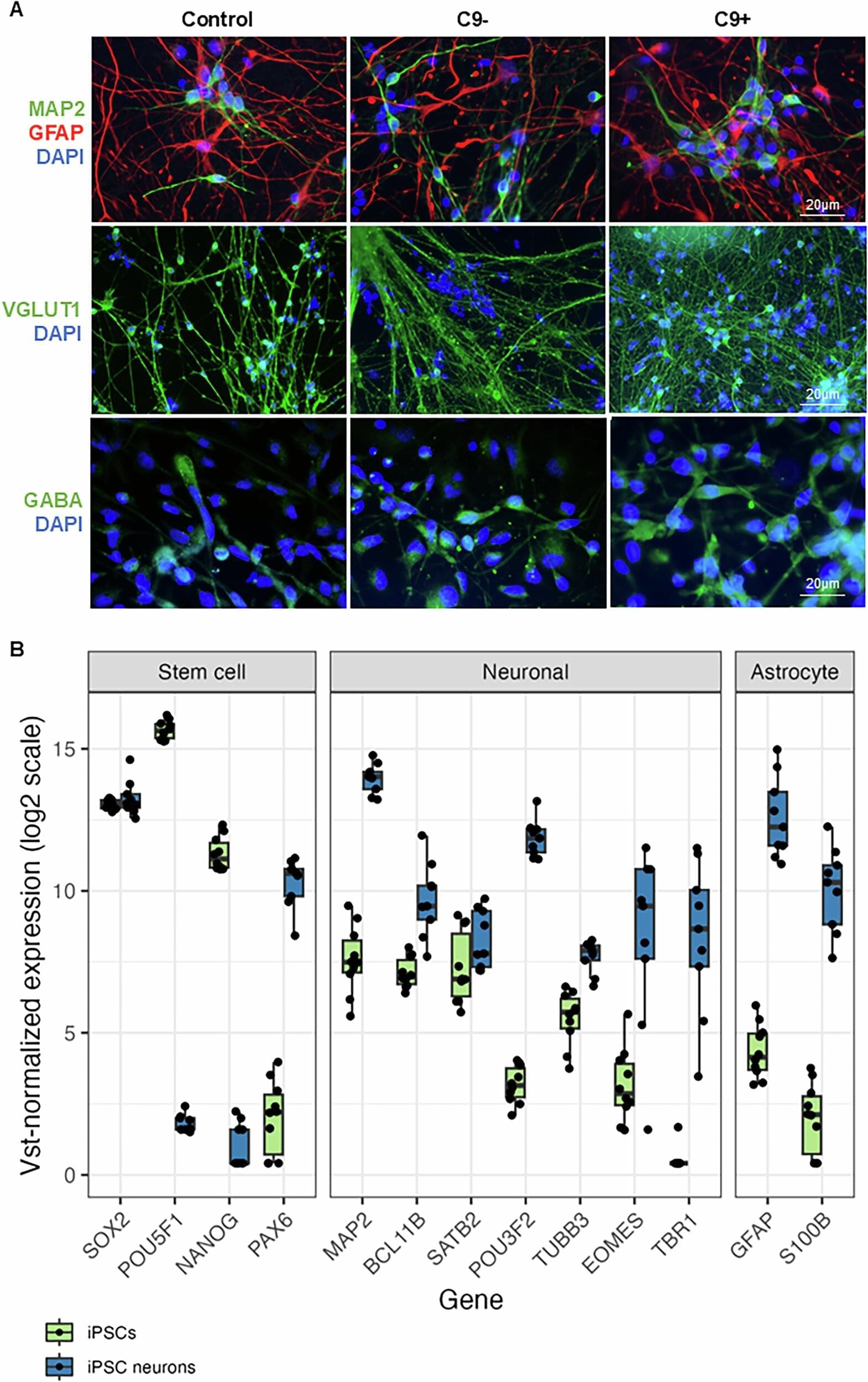
Neurons produced from frontotemporal dementia patients’ skin biopsies using modern stem cell technology recapitulate the synaptic loss and dysfunction detected in the patients’ brains, a new study from the University of Eastern Finland shows.
Frontotemporal dementia is a progressive neurodegenerative disease affecting the frontal and temporal lobes of the brain. The most common symptoms are behavioral changes, difficulties in understanding or producing speech, problems in movement, and psychiatric symptoms.
Often, frontotemporal dementia has no identified genetic cause, but especially in Finnish patients, hexanucleotide repeat expansion in the C9orf72 gene is a common genetic cause, present in about half of the familial cases and in 20% of the sporadic cases where there is no family history of the disease.
Full episode with Max Tegmark: https://youtu.be/-gekVfUAS7cAs a listener of TOE you can get a special 20% off discount to The Economist and all it has to off…